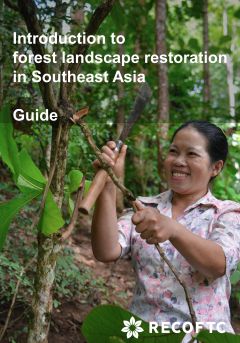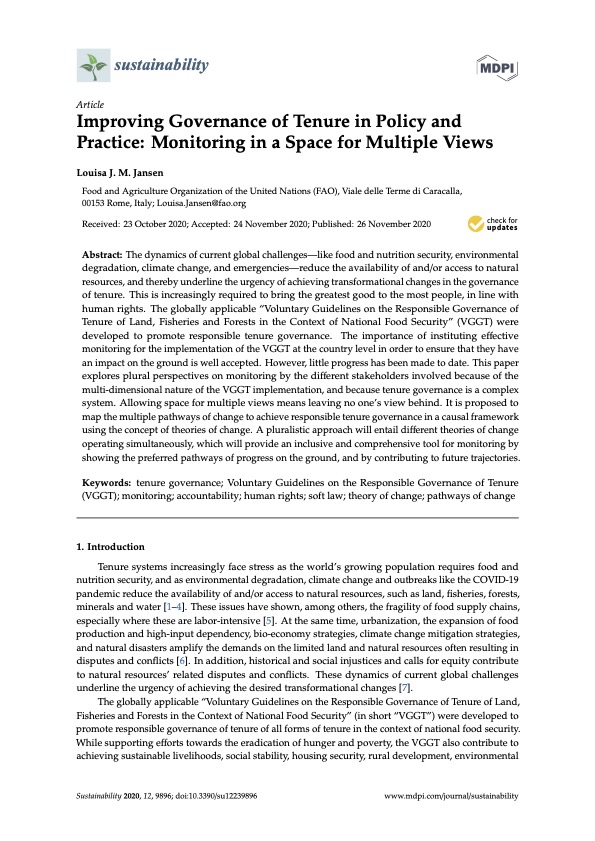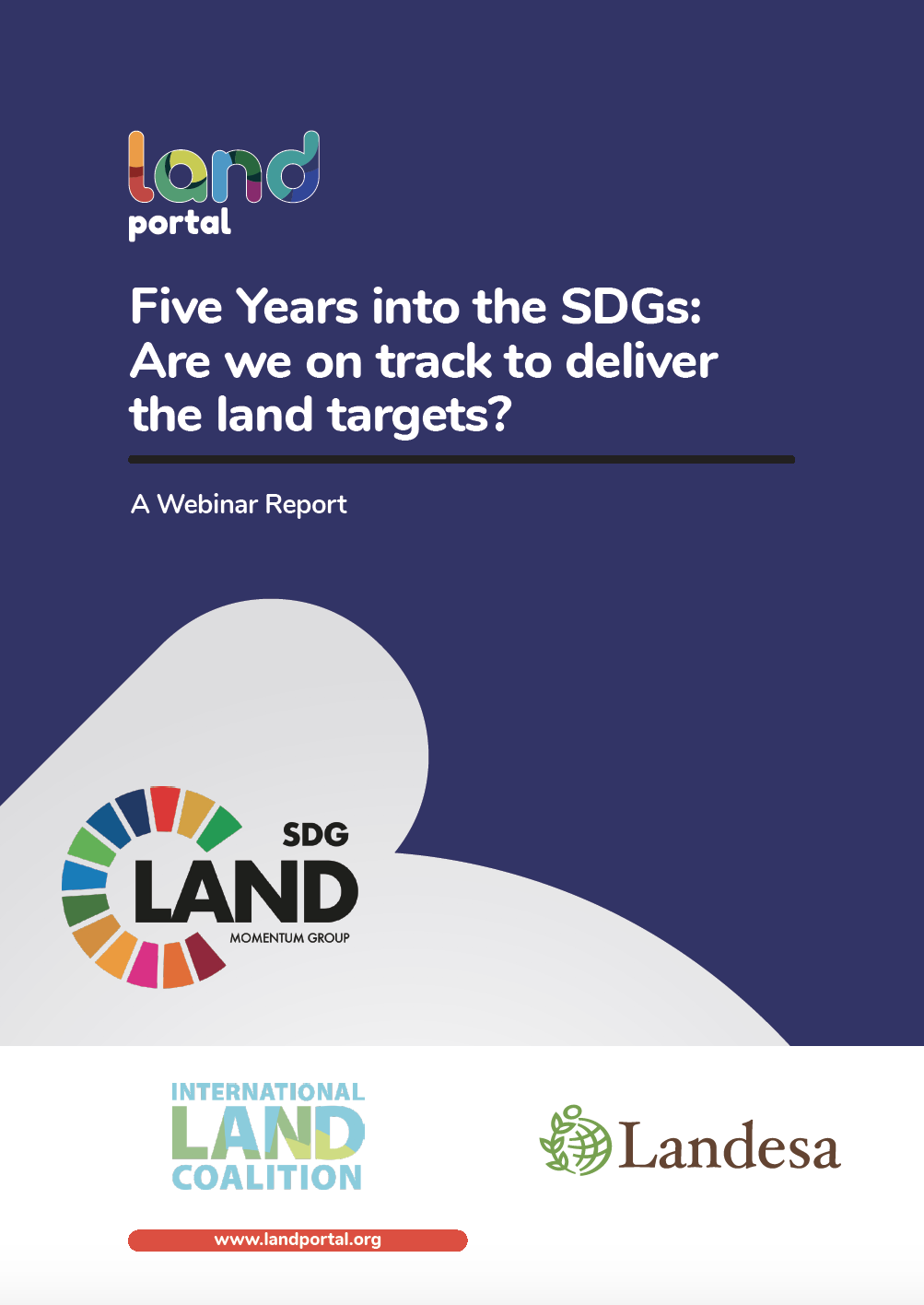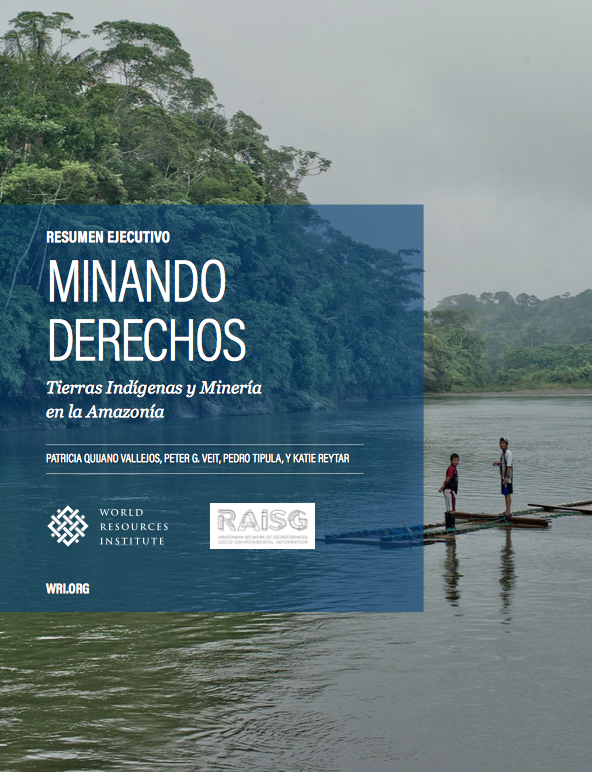Gender-Based Violence and Land Documentation & Administration in Zambia
This brief draws from USAID’s experience supporting systematic land documentation in Zambia to further advance awareness and knowledge about the relationship between gender-based violence (GBV) and the access, use, and control of land and property. It aims to inform current and future design and implementation of programs that promote land-based investment and land rights (particularly women’s land rights) by civil society organizations, other donors, and the private sector.
Background









